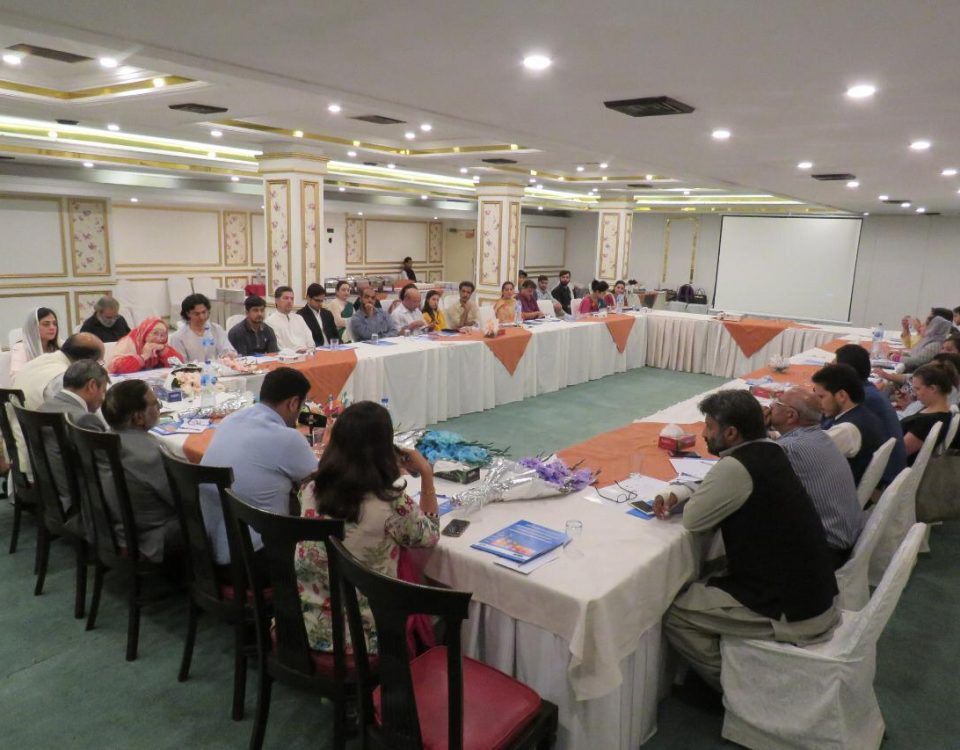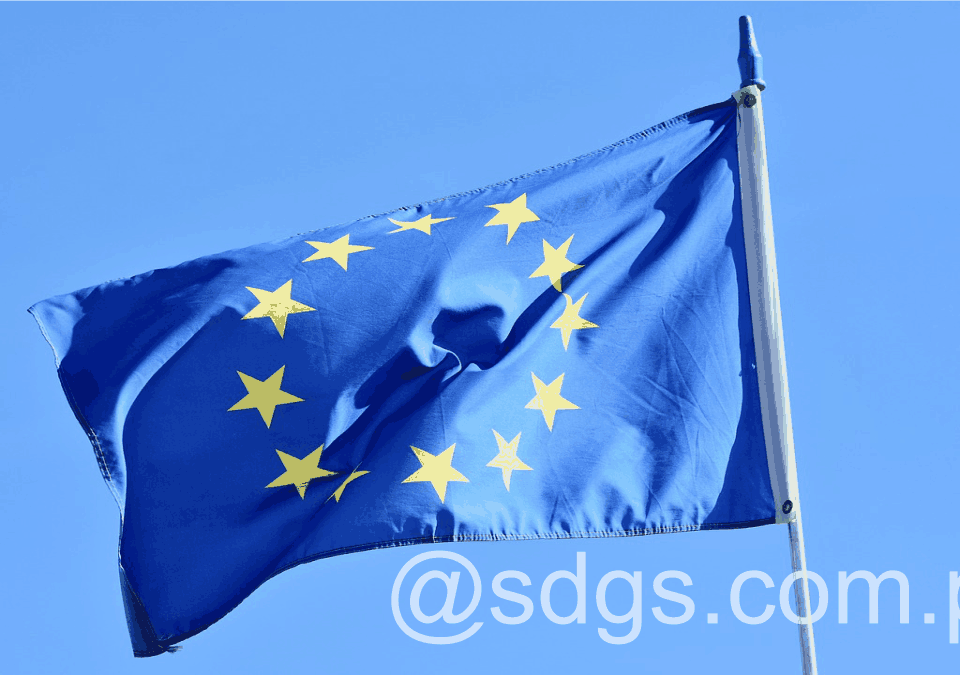
Need to Accelerate SDG Implementation
May 25, 2019
UN chief praises New Zealand premier’s
May 28, 2019The Center for International Strategic Thinking (CEPEI) published a report analyzing three years of National Voluntary Reviews (VNRs) conducted by Latin American and Caribbean countries (LACs). On the basis of these 22 NRVs, the author considers that the lack of human and technical capacity in national statistical systems, particularly with regard to environmental data, is a major challenge for governments. Virtual virtual reports do not include clear requests for support regarding this challenge, which the report calls a “missed opportunity”.
NRVs are a component of the monitoring and review of the 2030 Agenda for Sustainable Development. They are presented by countries at the July annual meetings of the United Nations High-level Political Forum on Sustainable Development (HLPF). organized under the auspices of the United Nations Economic and Social Council (ECOSOC). RNVs are voluntary, state-led, and undertaken by developed and developing countries, with the aim of providing a peer learning opportunity.
Written by Javier Surasky, CEPEI, the report analyzes the synthesis reports prepared from 2016 to 2018 by the following LAC countries: Argentina, The Bahamas, Belize, Brazil, Chile, Colombia, Costa Rica, Dominican Republic, Ecuador, El Salvador , Guatemala, Honduras, Jamaica. , Mexico, Panama, Paraguay, Peru, Uruguay and Venezuela. Of these 19 countries, three have submitted a synthesis report in the last two years (Colombia, Mexico and Uruguay), bringing to 22 the number of reviews examined.
The report “What are the processes for implementing the Sustainable Development Goals in examination reviews?” Has been prepared to improve the implementation and monitoring of the 2030 development agenda and its goals. sustainable development in the LAC region, and to help countries prepare their NRV presentations at future sessions of the HLPF. It evaluates the NVRs according to ten components, namely:
- General data, defined as elements contributing to contextualising exams, such as national basic data;
- Incorporation of the SDGs at the national level;
- Incorporation of the “core elements” of the 2030 Agenda;
- National implementing measures;
- Report the cover
- Involvement of stakeholders in the preparation of NRVs;
- Means of implementation;
- Availability of data for monitoring and implementation of the SDGs at the national level;
- Other elements deemed relevant, such as the existence of parallel reports or the identification of good practices; and
- Alignment of NRVs with the voluntary joint declaration guidelines issued by the UN Secretary-General.
Among its main observations, the report notes that all the NRVs analyzed refer to the inclusion of the SDGs in national development policies or plans, and assessments were made to adapt the SDGs to national contexts. Regarding the principles of the 2030 Agenda, the report states that multi-stakeholder participation and abandonment of all are the most mentioned principles in NRVs, while the principles related to the universality of the 2030 Agenda and the rights of man are among the priorities. less taken into account.
Regarding stakeholder participation in the preparation of NRVs, the report states that civil society, academia and the private sector are the most inclusive, while parliaments are the least included. It further notes that all synthesis reports reflect information on government efforts to raise public awareness of sustainable development goals.
The report finds that the balanced consideration of the three dimensions of sustainable development is “weak” and that the environmental dimension is less taken into account than the social and economic dimensions. The report also notes limited consideration of policy coherence for development, with only three NVRs explicitly referring to this concept. He concludes that the Paris agreement on climate change is the most cited international agreement in the synthesis reports, while regional agreements are mentioned in only four of the 22 reviews.
Regarding the means of implementation, the report notes that all the NRVs mention international cooperation (North-South, South-South and triangular cooperation) and that 14 countries have included sources of funding to implement the SDGs at national level. . It notes, however, that funding sources should be clarified and their effectiveness should be examined in more detail in future reports.
Source: SDG Knowledge Hub.




